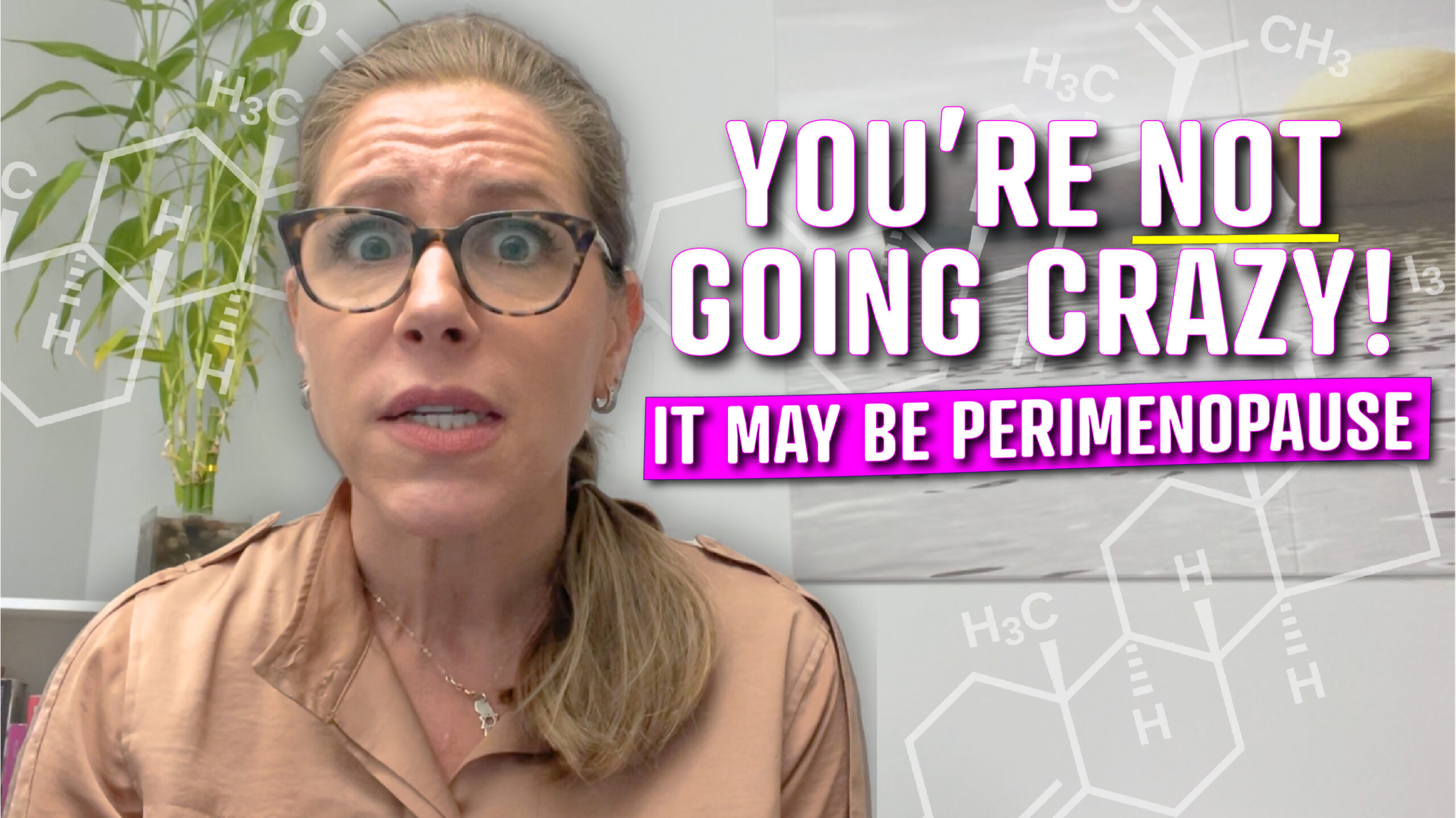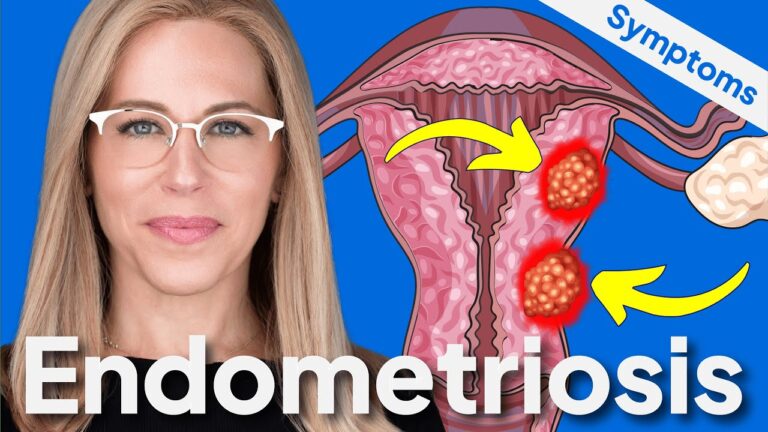If you’re a woman in your 30s or 40s and you feel like your body is changing in confusing ways—mood swings, poor sleep, unpredictable periods—you’re not alone. You’re also not imagining things. These may be perimenopause symptoms, a transitional phase that often catches people off guard.
Let’s break down what perimenopause is, when it starts, the symptoms you might notice, and the options for managing them.
What Is Perimenopause?
Perimenopause is the transitional period leading up to menopause. Many women don’t realize that it can start 8 to 10 years before menopause itself. That means you might start experiencing changes in your mid-30s or 40s—even if menopause feels far away.
Unlike the slow, predictable hormone decline often assumed, perimenopause is marked by wild hormonal fluctuations. Your estrogen and progesterone levels can vary drastically not just day-to-day, but even within the same day.
Common Perimenopause Symptoms
Because of these hormonal ups and downs, symptoms can be broad and sometimes severe. Common signs include:
- Mood swings that feel unpredictable or extreme.
- Sleep disturbances, such as waking up at 3 a.m. and struggling to fall back asleep.
- Fatigue that leaves you feeling both exhausted and wired at the same time.
- Irregular periods, including changes in cycle length and flow.
- Bloating, even if you’re eating normally.
- Libido changes, which can swing from low to unusually high or vice versa.
These symptoms can feel disorienting and, at times, overwhelming. Many women fear they’re “going crazy”—but these changes are real and have clear physiological roots.
Why It’s Important to Seek Support
One of the most critical messages for women experiencing these changes is: It’s not all in your head.
With the right knowledge and support, you don’t have to suffer in silence or confusion. There are evidence-based ways to reduce symptoms and improve quality of life.
Treatment and Management Options
There isn’t a one-size-fits-all approach to perimenopause, but there are effective strategies:
- Hormone Therapy (HT): For some women, hormone therapy can stabilize fluctuations and dramatically reduce symptoms. It’s important to discuss the risks and benefits with a qualified healthcare provider.
- Nutrition: A balanced, anti-inflammatory diet can help support overall hormonal health.
- Exercise: Regular movement helps regulate mood, improve sleep, and reduce stress.
- Stress Reduction: Techniques like mindfulness, breathwork, and nervous system “down-training” can ease mood swings and insomnia.
- Professional Guidance: Ideally, work with a healthcare practitioner who is menopause-aware and experienced in women’s hormonal health.
Final Thoughts
If you’re noticing these signs in yourself, remember: You’re not alone, and you’re not imagining it. Perimenopause is a real, normal phase of life—but that doesn’t mean you have to “just deal with it” on your own.
With education, proactive care, and the right support, you can feel like yourself again.
If you have questions about perimenopause or want to share your experience, please leave a comment below—I’d love to hear from you.
Video Timestamps
00:00 – Introduction: Perimenopause Symptoms and Signs
00:05 – You’re Not Going Crazy: Early Perimenopause Clues
00:34 – What Is Perimenopause? Timeline and Hormone Fluctuations Explained
01:08 – Common Perimenopause Symptoms: Mood Swings, Sleep Issues, Libido Changes
01:37 – How to Manage Perimenopause: Hormone Therapy, Nutrition, Lifestyle Tips
02:03 – Finding Menopause-Aware Practitioners for Support
02:27 – Final Thoughts: Get Help and Feel Like Yourself Again
Book your FREE health and wellness 15-minute discovery call at www.pelvicorerehab.com.





